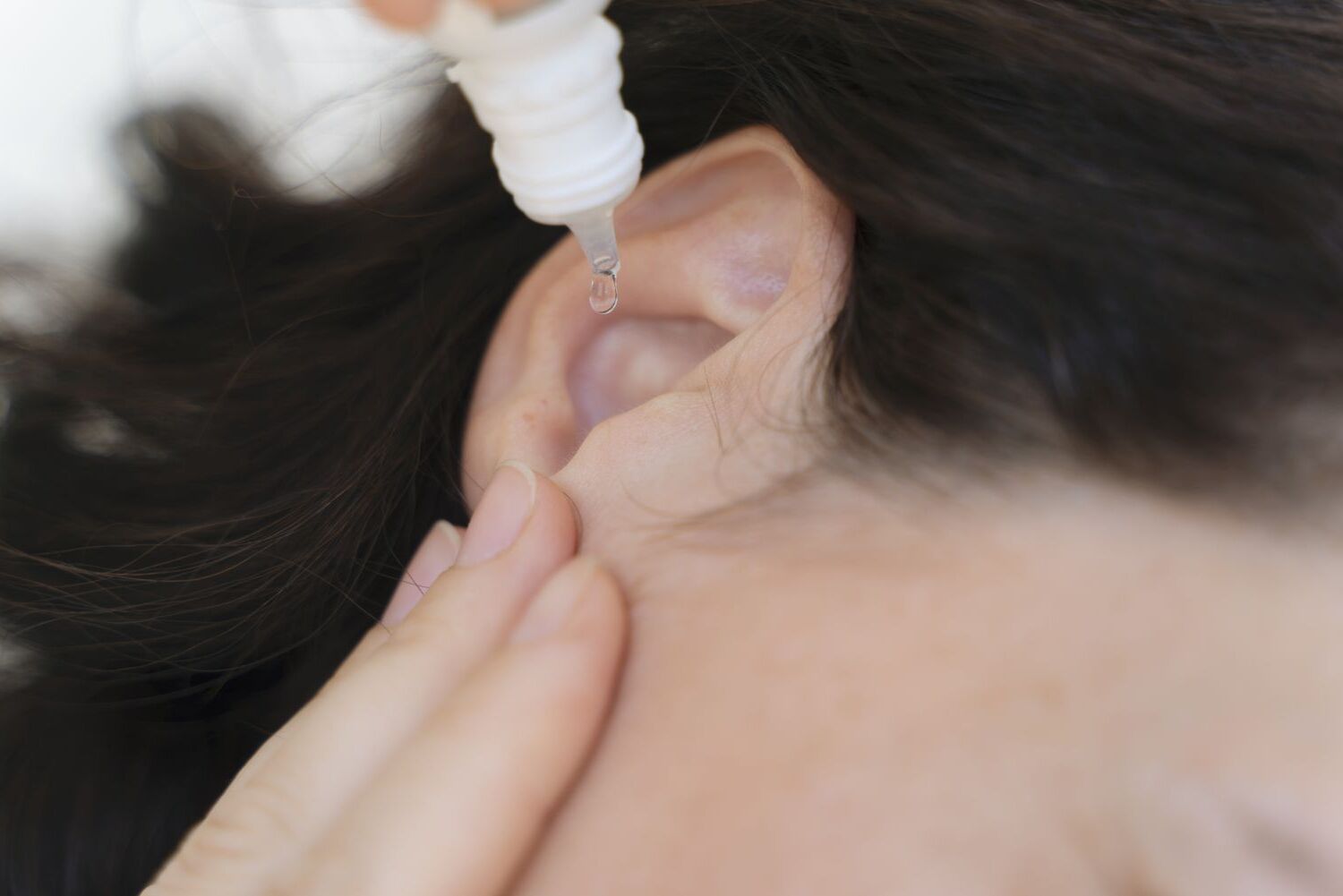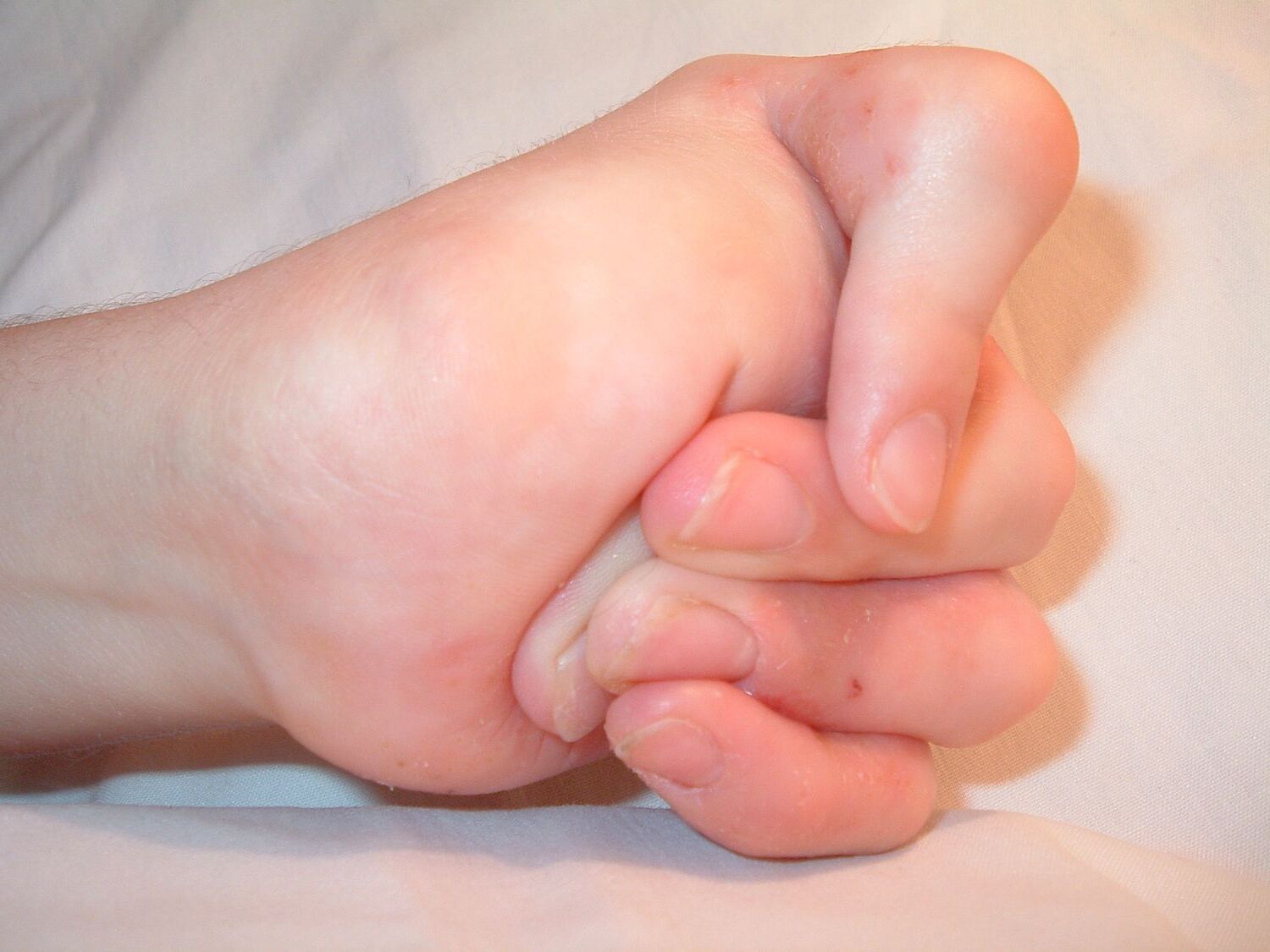
Hydrogen peroxide is more than just a household disinfectant. This versatile chemical compound, with the formula H₂O₂, has a wide range of uses that might surprise you. From bleaching hair to cleaning wounds, it’s a staple in many homes. But did you know it also plays a crucial role in environmental protection and even rocket propulsion? Hydrogen peroxide can break down into water and oxygen, making it environmentally friendly. It’s used in aquariums to increase oxygen levels and in wastewater treatment to remove contaminants. Curious about how this simple compound can do so much? Let’s dive into 55 fascinating facts about hydrogen peroxide that will change the way you see this everyday item.
Key Takeaways:
- Hydrogen peroxide, a versatile compound, has uses in medicine, household cleaning, and even rocket propulsion. However, it must be handled with care due to its potential for causing burns and irritation.
- Despite its many uses, hydrogen peroxide is not a cure-all and should be used with caution. It's important to follow safety precautions and avoid ingesting or mishandling this powerful chemical.
What is Hydrogen Peroxide?
Hydrogen peroxide is a common household chemical with a variety of uses. It's a simple compound made up of hydrogen and oxygen. Let's dive into some fascinating facts about this versatile substance.
-
Hydrogen peroxide's chemical formula is H₂O₂, which means it has two hydrogen atoms and two oxygen atoms.
-
It was first discovered in 1818 by French chemist Louis Jacques Thénard.
-
In its pure form, hydrogen peroxide is a pale blue liquid.
-
It is often used as a disinfectant because it kills bacteria, viruses, and fungi.
-
When exposed to light, hydrogen peroxide breaks down into water and oxygen.
Uses in Medicine
Hydrogen peroxide has several medical applications. It's commonly found in first aid kits and hospitals.
-
It can be used to clean wounds and prevent infection.
-
Dentists use it as a mouth rinse to help whiten teeth and kill germs.
-
Hydrogen peroxide is sometimes used to treat ear infections by softening earwax.
-
It can be used to disinfect medical equipment.
-
In low concentrations, it's used in some contact lens cleaning solutions.
Household Uses
Beyond medicine, hydrogen peroxide is a handy tool around the house. Its cleaning and disinfecting properties make it a household staple.
-
It can be used to clean and whiten laundry.
-
Hydrogen peroxide is effective at removing mold and mildew.
-
It can be used to sanitize kitchen surfaces and cutting boards.
-
It's a great cleaner for bathroom tiles and grout.
-
Hydrogen peroxide can be used to clean mirrors and glass surfaces without leaving streaks.
Environmental Impact
Hydrogen peroxide is considered environmentally friendly because it breaks down into harmless substances.
-
It decomposes into water and oxygen, leaving no toxic residue.
-
It's used in wastewater treatment to remove organic contaminants.
-
Hydrogen peroxide is used in the paper industry to bleach paper without harmful chemicals.
-
It's also used in aquaculture to maintain clean water for fish farming.
-
Hydrogen peroxide can be used to treat contaminated soil.
Fun and Unusual Facts
Hydrogen peroxide has some surprising and lesser-known uses that might intrigue you.
-
It can be used to grow mushrooms by sterilizing the growing medium.
-
Hydrogen peroxide is used in rocket propulsion as a propellant.
-
It can be used to clean and brighten old coins.
-
Some people use it to lighten their hair.
-
Hydrogen peroxide can be used to remove skunk odor from pets.
Safety and Precautions
While hydrogen peroxide is useful, it must be handled with care. Here are some safety tips and precautions.
-
High concentrations can cause burns and should be handled with protective gear.
-
It should be stored in a dark, cool place to prevent decomposition.
-
Ingesting hydrogen peroxide can be dangerous and should be avoided.
-
Always dilute it when using for household cleaning to avoid skin irritation.
-
Keep it out of reach of children and pets.
Historical and Scientific Significance
Hydrogen peroxide has played a significant role in scientific research and history.
-
It was used in early experiments to understand the nature of chemical reactions.
-
During World War II, it was used as a propellant in German rockets.
-
Hydrogen peroxide is used in laboratories to study oxidative stress in cells.
-
It's a key component in the study of enzyme reactions.
-
Scientists use it to simulate the conditions of extraterrestrial environments.
Industrial Uses
Hydrogen peroxide is not just for home and medical use; it's also important in various industries.
-
It's used in the textile industry to bleach fabrics.
-
Hydrogen peroxide is used in the production of certain chemicals.
-
It's used in the electronics industry to clean circuit boards.
-
The food industry uses it to sterilize packaging materials.
-
Hydrogen peroxide is used in mining to extract precious metals.
Hydrogen Peroxide in Nature
This compound also occurs naturally in the environment and within living organisms.
-
Small amounts of hydrogen peroxide are produced in the human body as a byproduct of metabolism.
-
It's found in trace amounts in rainwater.
-
Plants produce hydrogen peroxide as a defense mechanism against pathogens.
-
Certain bacteria produce hydrogen peroxide to kill competing microbes.
-
It's present in honey, contributing to its antibacterial properties.
Hydrogen Peroxide Myths
There are many myths and misconceptions about hydrogen peroxide. Let's clear some of them up.
-
It's not a cure-all for every ailment despite its many uses.
-
Drinking hydrogen peroxide will not detoxify your body and can be harmful.
-
It doesn't effectively treat acne when used on the skin.
-
Hydrogen peroxide is not a safe or effective method for whitening teeth at high concentrations.
-
It won't magically remove all stains from fabrics without proper treatment.
Hydrogen Peroxide in Everyday Products
You might be surprised to learn how many everyday products contain hydrogen peroxide.
The Final Word on Hydrogen Peroxide
Hydrogen peroxide is more than just a household cleaner. Its versatility spans from medical uses to environmental applications. This simple compound, made of hydrogen and oxygen, can disinfect wounds, whiten teeth, and even help plants grow. It's a staple in many homes due to its effectiveness and affordability.
Understanding its properties and uses can help you make the most of this powerful solution. Always handle it with care, as it can be potent in higher concentrations. Whether you're cleaning, gardening, or treating minor cuts, hydrogen peroxide proves to be a handy ally.
Next time you reach for that brown bottle, you'll know just how many roles it can play in your daily life. Embrace its benefits and keep it stocked for various needs.
Frequently Asked Questions
Was this page helpful?
Our commitment to delivering trustworthy and engaging content is at the heart of what we do. Each fact on our site is contributed by real users like you, bringing a wealth of diverse insights and information. To ensure the highest standards of accuracy and reliability, our dedicated editors meticulously review each submission. This process guarantees that the facts we share are not only fascinating but also credible. Trust in our commitment to quality and authenticity as you explore and learn with us.


